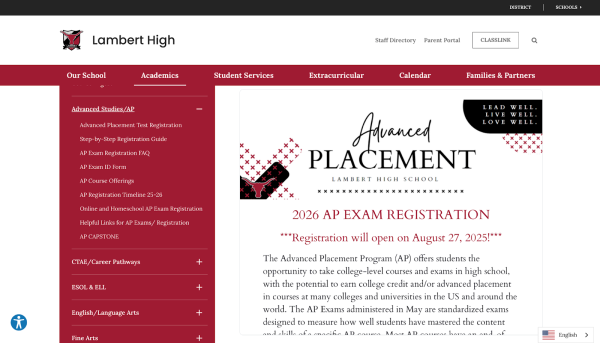Dairy: is it worth it?
Milk from cows and goats have flooded American diets with cheeses and milk and have been heavily embraced by many due to milks nutritional value; but the downside of dairy consumption lies within the increasing prevalence of lactose intolerance, support for animal rights, and the general care for one’s body.
American food culture is littered with foods such as pizza, cheeseburgers, butter, yogurt, ice cream and a multitude of other dairy products. These meal options have morphed from being occasional comfort foods to being a staple in American diets. The USDA suggests that humans should have a daily intake of three cups of dairy products daily for calcium, vitamin D, and potassium. Despite the nutritious value that milk and other dairy products can supply, 75% of Earth’s population is lactose intolerant- including myself. But that doesn’t mean that those who can tolerate it should be ingesting it either; for those that cut out dairy adapt a lifestyle change that will be hard to adjust to but will be a practice that will reveal a healthier you.
According to the USDA, humans should be in taking a variety of foods for a balanced intake of nutrients; for instance, milk supplies the body with calcium, Vitamin D, and potassium. Despite recommendation by federal government, there is strong opposition presented by those that find that the benefits of dairy intake do not outweigh the negatives.
A senior at Lambert High School, Laura Schlecht, has been a vegan for two years. This means that she does not eat any food that derives from animals- including dairy products. Overall, Schlecht thinks that “being vegan has more benefits than negatives,” and claims that ever since she started following this strict diet that she “generally feels better eating plant based food and cutting dairy out.” She also claimed that dairy consumption is frankly “unnatural.” Considering it was only after the agricultural revolution that humans started to ingest cows milk and that there are no other species on Earth that drink milk past infancy her claim is supported by simple facts. Unfortunately, not many people understand the history and threat that dairy consumption holds.
The student’s main point was that she was truly able to focus her “time and effort to a cause that unequivocally helps the environment and individuals that are affected by the agenda of the meat and dairy industries.” As aforementioned, people like Schlecht don’t consume dairy products due to their knowledge of what cows go through to give us their milk. PETA, an animals rights group, roots diary to the abusive treatment of cows. According to PETA’s website, cows are subjected to living in “cramped, concrete-floored milking pens where they are milked by machines” that harm them. The milk-production cycle also puts a tremendous amount of stress on female cows as they repeatedly lose their young; unlike female calves, the males are generally taken from their mothers and sold at auctions creating a harrowing experience for the mothers.
While a portion of the population put animals rights as a priority, there are other strong reasons why humans do not feel the need to consume lactose/dairy products. For instance, people with lactose intolerance face digestive problems such as nausea, vomiting, diarrhea and related symptoms simply cannot process lactose: the sugar found in dairy products. This ailment affects 75% of the human population on a global scale, but most of the people are located in Africa, Asia and South America while it is somewhat rare to find this ailment in North Americans.
Another side of the opposition is rooted in the skincare community.. Due to recent scientific findings, a number of studies have found a strong correlation between consumption of milk to occurences of acne. Milk has been linked to glueing dead skin cells together within pores, producing excess sebum sebum (which clogs pores), and an abundance of the growth hormone called IGF-1 that can lead to inflammation (when acne swells and looks more red than normal) in acne. Those that have tried countless skin care products might need to consider that cutting out dairy might be the answer you’re looking for.
The consumption of dairy is unnatural. Your body sends signs more often of a dairy-based diet through clogging your pores or making you feel bloated as both there are both internal and external side effects from dairy consumption. Moreover, the way that cows- both young and old- are treated for their milk is a harrowing reality that any person with a moral compass can see wrong in.
Your donation will help support The Lambert Post, Lambert High Schools student-run newspaper! Your contribution will allow us to purchase equipment and cover website hosting costs.












